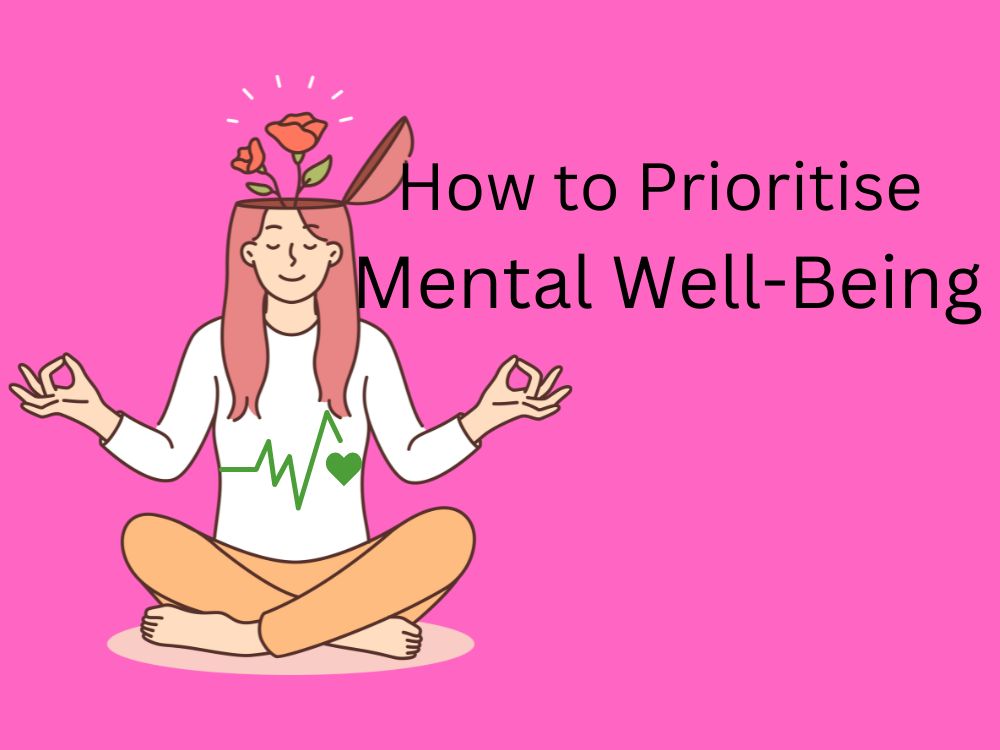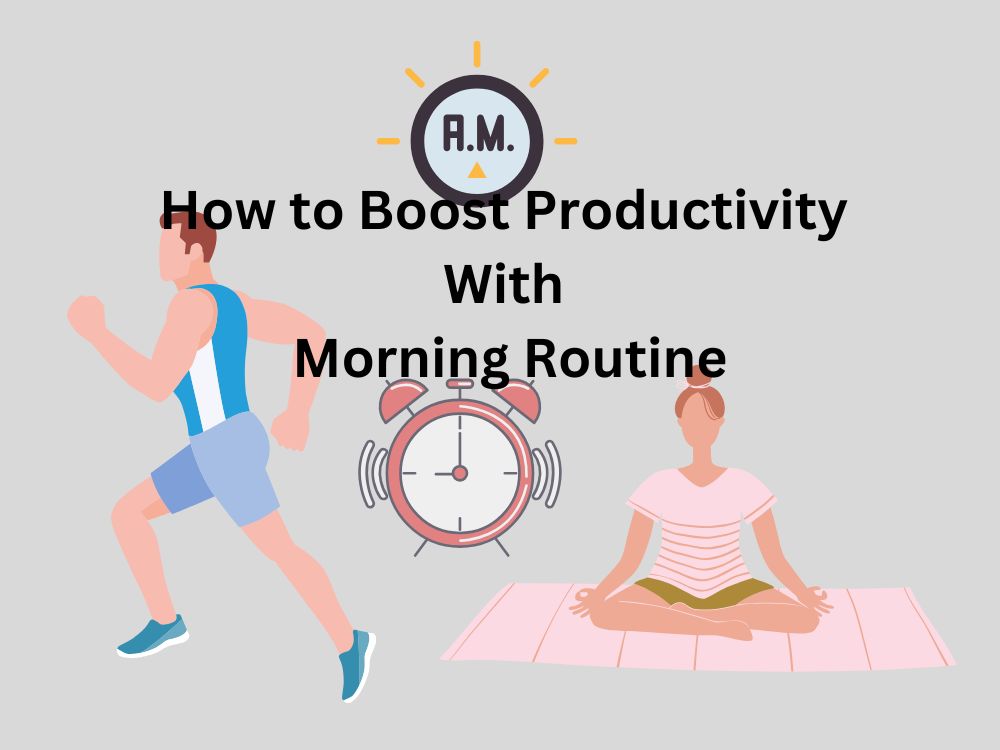Getting a good night’s sleep isn’t just a luxury; it’s a necessity for feeling your best every day. Yet, for many, restful sleep feels just out of reach. Instead of turning to sleeping pills or medications, there are natural, proven ways to improve your sleep quality. If you’re wondering how to improve sleep quality without medications, you’re in the right place. In this guide, we will show you exactly how to tweak your routine and environment to unlock deep, restorative sleep, no pills required.

With increasing life complications, everyday induced stress from job, career, or finances often impacts our sleep cycle. This impact further leads to many mental and physiological challenges, affecting both our mood and overall health. But reaching for sleeping pills is not the only solution. Let’s explore some practical ways to improve sleep quality naturally, so you can wake up feeling refreshed and energized.
10 Simple Ways on How to Improve Sleep Quality without Medications
Sleep is essential for maintaining optimal health and well-being. It supports cognitive function, emotional regulation, and physical health. Adequate sleep enhances memory consolidation, learning, and decision-making abilities. It also plays a crucial role in immune function, metabolism, and disease resistance. Chronic sleep deprivation has been linked to various health issues, including obesity, heart disease, and depression .
According to the National Sleep Foundation, the recommended sleep duration varies by age group:
- Adults (18–64 years): 7–9 hours per night
- Older Adults (65+ years): 7–8 hours per night
- Teenagers (14–17 years): 8–10 hours per night
- School-age children (6–13 years): 9–11 hours per night
- Preschoolers (3–5 years): 10–13 hours per night
- Toddlers (1–2 years): 11–14 hours per night
- Infants (4–11 months): 12–15 hours per night
- Newborns (0–3 months): 14–17 hours per night

Maintaining a consistent sleep schedule that aligns with these recommendations is vital for overall health and well-being.
- Stick to a strict sleep-wake schedule, even on weekends, to regulate your body clock.
Pick your ideal wake-up time. Set a recurring alarm on your phone for that time every day. At least 30 minutes before, start dimming lights and avoid screens to signal bedtime. No exceptions. Do not sleep in on weekends. - Wind down 30 minutes before bed by turning off bright screens and switching to calming activities like reading or listening to soft music.
About 30 minutes before bed, put your phone on “Do Not Disturb” and switch to low-light lamps. Try simple calming activities like journaling or gentle breathing exercises to ease your mind away from daily stress. - Make your bedroom a sleep sanctuary: cool (around 65°F or 18°C), dark (use blackout curtains), and quiet (use earplugs or white noise if needed).
Keep your bedroom cool by using a fan, air conditioner, or opening a window to maintain around 65°F (18°C). Install blackout curtains to block all outside light. Use earplugs or a white noise machine to drown out disruptive sounds and create a peaceful sleeping environment. - Cut caffeine intake by early afternoon. Avoid coffee, tea, and sodas after 2-3 PM.
Avoid drinking coffee, tea, soda, or energy drinks after 2 or 3 PM. Caffeine stays in your system for several hours and can disrupt your ability to fall asleep. Switch to water, herbal teas, or decaffeinated drinks in the afternoon and evening. - Exercise daily but finish workouts at least 3 hours before bedtime to avoid overstimulation.
Aim to exercise every day for at least 30 minutes, but finish your workout at least three hours before bedtime. Exercising too close to sleep can raise your heart rate and adrenaline levels, making it harder to relax and fall asleep easily. - Practice deep breathing, progressive muscle relaxation, or gentle yoga before bed to calm your nervous system.
Spend 10-15 minutes before bedtime practicing deep breathing exercises, progressive muscle relaxation, or gentle yoga stretches. These activities help release tension, slow your heart rate, and signal your body to relax. Use guided videos or apps if you’re new to these techniques for better focus and results. - Avoid heavy or spicy meals 2-3 hours before sleep to prevent discomfort or acid reflux.
Finish eating heavy, spicy, or greasy meals at least 2 to 3 hours before bedtime. These foods can cause indigestion or acid reflux, making it harder to fall asleep. Opt for light snacks like a banana or yogurt if you’re hungry closer to bedtime. - Limit naps to 20 minutes and avoid napping after 3 PM to protect your nighttime sleep drive.
If you need to nap, keep it short around 20 minutes to avoid grogginess. Make sure to take naps before 3 PM so they don’t interfere with your ability to fall asleep at night. Avoid long or late afternoon naps to protect your natural sleep rhythm. - Reserve your bed for sleep and intimacy only, no working, eating, or screen time to strengthen your brain’s sleep association.
Use your bed only for sleeping and intimacy. Avoid working, eating, or using screens in bed. This helps your brain associate the bed with rest, making it easier to fall asleep quickly when you lie down. Keep other activities in different spaces. - Get natural sunlight exposure early in the day to help set your circadian rhythm and improve night sleep quality.
Spend at least 15 to 30 minutes outside in natural sunlight soon after waking up. Morning light helps set your body’s internal clock, improves alertness during the day, and promotes better sleep quality at night. Open your curtains wide if you can’t go outside.
Learning how to improve sleep quality without medication is key to better health and energy. By following simple habits like keeping a regular sleep schedule, creating a calm bedroom, avoiding caffeine late, and practicing relaxation, you can naturally improve your rest. These steps help you sleep deeper and wake up refreshed every day.
Now that you know how to improve sleep quality without medication, it’s time to put these practical tips into action. Consistency and a calm bedtime routine are essential. By making small changes to your daily habits and environment, you can enjoy better rest, improved focus, and overall well-being, naturally and without relying on medications.








Leave a Reply